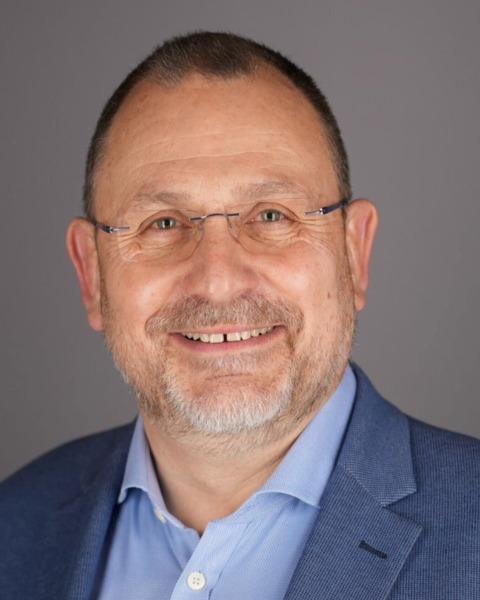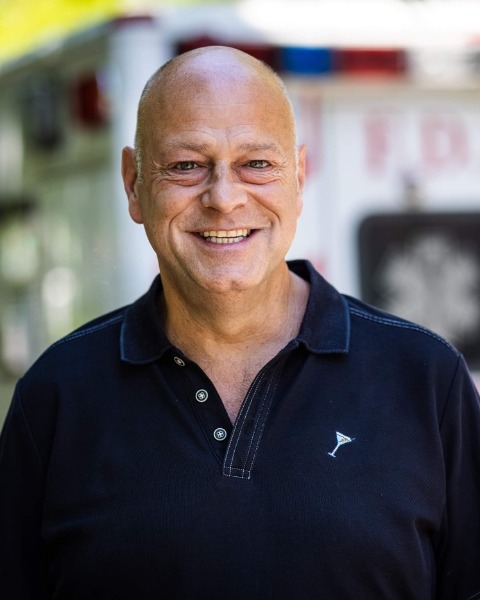Leadership
Advanced
Global Pathway
Continuing Professional Development Pathway
Lifelong learning of HCPs in Europe and the role of CE
Thursday, January 9, 2025
10:00 AM - 11:00 AM ET
Location: Tampa

Eugene Pozniak, PGDipM, LRSM
United Kingdom

Robin Stevenson, MD
United Kingdom

Lawrence Sherman, FACEHP, FRSM, CHCP
Tierra Verde, Florida, United States
Primary Presenter(s)
Co-Presenter(s)
Session Description: The continuing education landscape in Europe is complex. Forty-four European countries are members of the United Nations (UN) and each has its own language and institutions, including its healthcare system. Similarly, CE is regulated, accredited and assessed in a multitude of different ways. In most countries, the professional associations undertake responsibility for CE, but in France and Italy, there is more involvement by government. Accreditation is heterogeneous with a mixture of activity and provider accreditation, with the latter gradually gaining sway. The role of pharma varies widely mostly due to inconsistent approaches to independence by the regulators and accreditors across Europe. Another difference between Europe and the US is that there is less development of informal workplace CE in Europe. European authorities have invested less in hospital CE/CPD departments and have failed to make healthcare institutions welcoming educational homes for health professionals. Despite abundant research evidence that CE should be reparative rather than curricular, many specialist clinical societies do not recognise their responsibility to discover and analyze professional practice gaps as a necessary prerequisite for effective CE. Consequently, many doctors feel that the CE offered to them is not relevant to their needs. However, change is underway. In the UK, quality improvement initiatives such as "Getting It Right First Time", similar to the American College of Cardiology cardiovascular data registry, are being developed. These initiatives will require CE input to make their recommendations clinically effective. In Europe, CE usually finds its home in professional organisations such as the royal colleges in the UK and physicians' chambers in continental Europe, whereas in the US and Canada, CE has often been integrated into universities and medical schools. It is not therefore seen as an academic discipline and consequently lacks encouragement and facilitation of educational research activities.
During this session, a panel of representatives from the Journal of CE and European CE Forum will reflect on the latest trends in Europe and the foregoing issues in the CE-CPD and lifelong learning ecosystem. Drawing on examples from recent annual Forums and publications, we will give an overview of what we see as being of critical importance for success in Europe. We will emphasize how understanding national and cultural differences will help attendees to navigate the many organizations and authorities who may, or indeed may not, play an important role in the delivery of a successful educational program. This will include the perspectives of the key players: learners, specialist clinical societies, professional education providers, accreditors, regulators, and pharma.
The panel will also take questions from attendees about scenarios that they envisage when considering an activity in Europe. Examples will be presented to illustrate difficulties likely to be encountered by providers not familiar with the European CE ecosystem. The panel will discuss the contribution made in recent years by European CE Forum, which presented its 17th annual conference in Madrid in November 2024. European CE Forum is dedicated to bringing together all stakeholder groups with an interest in European and global CE and CPD, promoting multi-channel discussion in an independent and neutral environment. This is the only European conference which deals with all aspects of CE and CPD and attracts delegates not only from Europe, but also from North America, Latin America, Asia, and Australasia. Journal of CE, the journal of European CE Forum, was established 12 years ago as an open-access, peer-reviewed, PubMed-indexed, online-only journal publishing articles that address aspects of CE-CPD planning, design, delivery, assessment, and regulation. Journal of CE aims to serve as an important international journal for those who provide, accredit, partake in, and benefit from the practice of CE-CPD. Journal of CE actively champions and supports practical discussion regarding development of unified international accreditation standards.
During this session, a panel of representatives from the Journal of CE and European CE Forum will reflect on the latest trends in Europe and the foregoing issues in the CE-CPD and lifelong learning ecosystem. Drawing on examples from recent annual Forums and publications, we will give an overview of what we see as being of critical importance for success in Europe. We will emphasize how understanding national and cultural differences will help attendees to navigate the many organizations and authorities who may, or indeed may not, play an important role in the delivery of a successful educational program. This will include the perspectives of the key players: learners, specialist clinical societies, professional education providers, accreditors, regulators, and pharma.
The panel will also take questions from attendees about scenarios that they envisage when considering an activity in Europe. Examples will be presented to illustrate difficulties likely to be encountered by providers not familiar with the European CE ecosystem. The panel will discuss the contribution made in recent years by European CE Forum, which presented its 17th annual conference in Madrid in November 2024. European CE Forum is dedicated to bringing together all stakeholder groups with an interest in European and global CE and CPD, promoting multi-channel discussion in an independent and neutral environment. This is the only European conference which deals with all aspects of CE and CPD and attracts delegates not only from Europe, but also from North America, Latin America, Asia, and Australasia. Journal of CE, the journal of European CE Forum, was established 12 years ago as an open-access, peer-reviewed, PubMed-indexed, online-only journal publishing articles that address aspects of CE-CPD planning, design, delivery, assessment, and regulation. Journal of CE aims to serve as an important international journal for those who provide, accredit, partake in, and benefit from the practice of CE-CPD. Journal of CE actively champions and supports practical discussion regarding development of unified international accreditation standards.
Learning Objectives:
- Develop education in the context of the practice environment, learning expectations, and CE-CPD system(s) of the learners.
- Implement appropriate approaches for successful engagement in the European ecosystem that considers the various regulatory, healthcare system and national characteristics.
- Identify which key national and regional practices and requirements should take priority when planning an activity in Europe.
